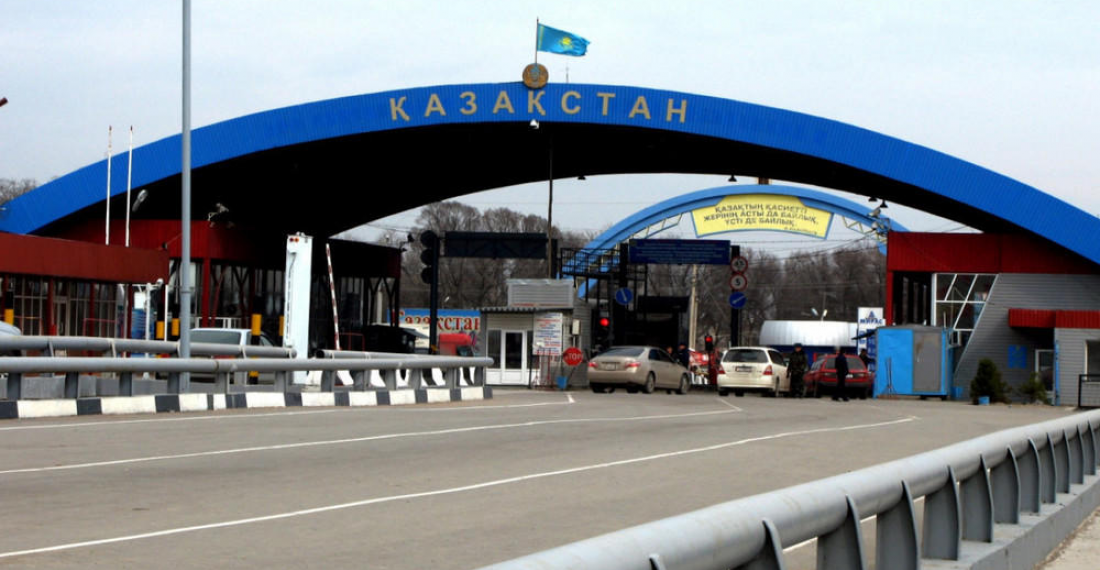Kazakhstan has announced that they will tighten entrance rules for citizens of countries of the Eurasian Economic Union, including Russians.
A draft resolution adopted on 31 December, published on Tuesday (17 January), and which will become effective on 27 January will restrict citizens of countries of the Eurasian Economic Union to 90 days visa-free in Kazakhstan within any 180-day period.
Notably, this rule change will affect hundreds of thousands of Russians who have fled to Kazakhstan escaping mobilisation to fight in Ukraine. Currently, citizens of Russia and other EEU countries can theoretically leave Kazakhstan after 90 days, only to immediately return for another 90 days visa-free, and so on. The rule change closes this loophole which had enabled some foreigners to effectively reside permanently in Kazakhstan without being officially registered.
It therefore makes Kazakhstan an unviable permanent destination for Russians fleeing conscription, and for the many Kyrgyz migrant workers who had exploited the loophole to work unofficially in the country.
The amendments also relax the rules for citizens of countries currently able to stay for only 30 days visa-free. Also now allowed to stay for up to 90 days in any 180-day period from 27 January includes citizens of western European states, the USA, Canada, China and the UAE.
The changes will likely also result in Russians fleeing the draft favouring Georgia, Armenia and Kyrgyzstan, who retain very liberal visa policies with Russia. Indeed, all three have proven to be very popular destinations for Russians escaping the partial mobilisation announced by Russian President Vladimir Putin on 21 September last year.
According to Kommersant, in 2022 over 5.6 million foreigners visited Kazakhstan, including 2.9 million Russians. In September alone, 406,000 Russians entered Kazakhstan, the majority of whom arrived after 21 September.
source: commonspace.eu with eurasianet, Kommersant, and Government of Kazakhstan
photo: The Astana Times






